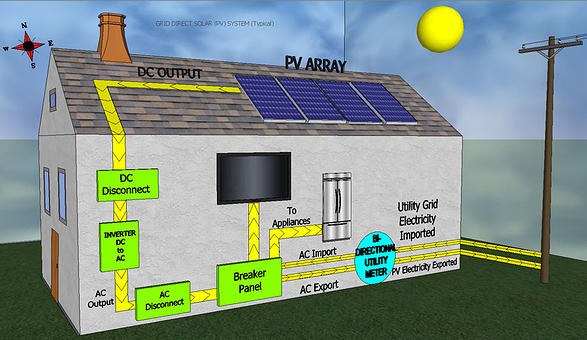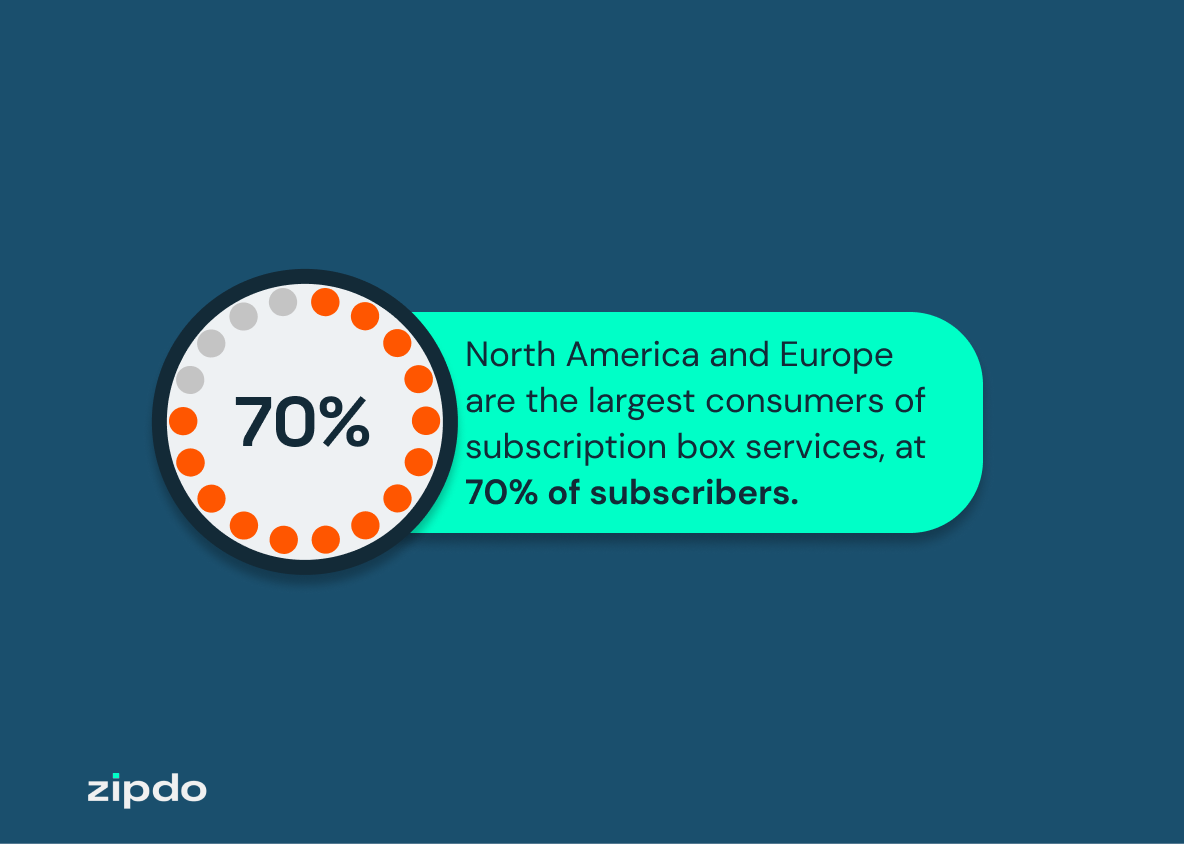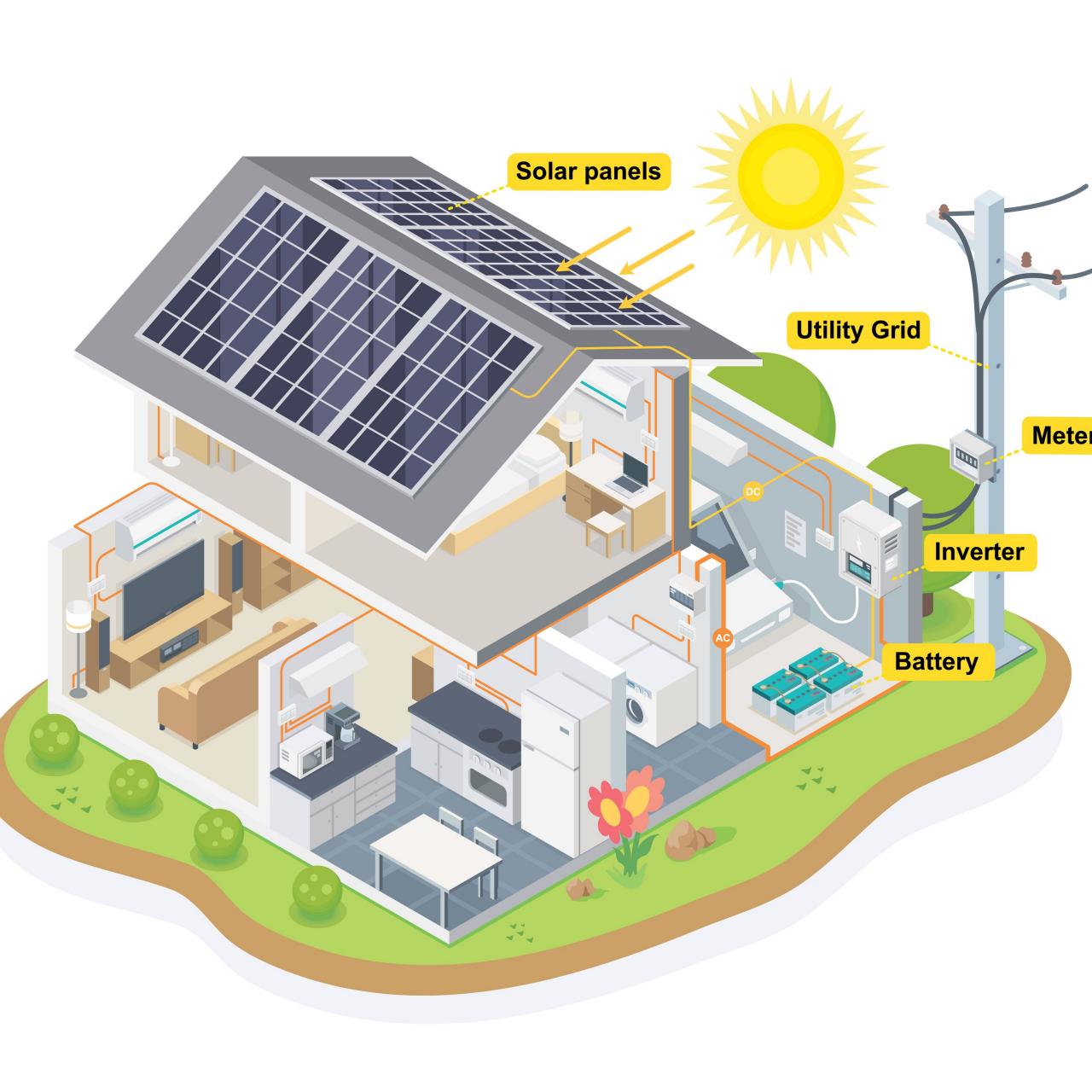Maximizing Garden Efficiency: Smart Strategies for a Thriving Garden
Introduction:
In today’s fast-paced world, efficiency is key, even in gardening. Smart gardening strategies can help you create a thriving garden while optimizing resources and effort. Let’s explore some smart techniques and tips to maximize garden efficiency.
Choosing the Right Plants:
One of the smartest decisions you can make for your garden is choosing plants that are well-suited to your climate and soil conditions. Native plants or those adapted to your region require less maintenance, water, and fertilizer, making them a smart choice for a low-maintenance garden.
Smart Watering Practices:
Water is a precious resource, and smart watering practices can help conserve it while keeping your garden lush and healthy. Consider installing drip irrigation systems or using soaker hoses to deliver water directly to the root zone, reducing water waste through evaporation and runoff.
Optimizing Garden Layout:
A smart garden layout can make a significant difference in efficiency. Grouping plants with similar water and sunlight needs together can streamline watering and maintenance tasks. Additionally, incorporating raised beds or container gardening can maximize space and productivity in limited areas.
Integrated Pest Management (IPM):
Smart pest management involves using a combination of strategies to control pests while minimizing environmental impact. This includes using beneficial insects, practicing crop rotation, and employing physical barriers like row covers to protect plants from pests without resorting to harmful chemicals.
Composting for Soil Health:
Composting is a smart and sustainable way to improve soil health and fertility. By recycling kitchen scraps, yard waste, and organic matter, you can create nutrient-rich compost that enhances soil structure, retains moisture, and reduces the need for synthetic fertilizers.
Smart Garden Tools and Technology:
Advancements in garden tools and technology have made gardening more efficient than ever. Smart tools like soil moisture sensors, automated irrigation systems, and gardening apps can help you monitor and manage your garden with precision, saving time and resources.
Seasonal Garden Maintenance:
Regular maintenance is essential for a healthy garden, and smart seasonal tasks can keep your garden thriving year-round. This includes pruning at the right time, mulching to conserve moisture and suppress weeds, and preparing for seasonal changes like frost protection in winter.
Maximizing Productivity with Companion Planting:
Companion planting is a smart strategy that involves growing compatible plants together to benefit each other. For example, planting herbs like basil with tomatoes can deter pests and improve flavor, while planting legumes like beans with corn can enhance soil nitrogen levels.
Smart Harvesting and Storage:
When it’s time to harvest, smart practices can prolong the shelf life of your produce. Harvesting fruits and vegetables at the peak of ripeness, proper handling and storage, and utilizing preservation techniques like canning or freezing can help you enjoy your garden’s bounty for longer.
Conclusion:
By implementing smart strategies like choosing the right plants, practicing efficient watering, optimizing layout, and utilizing technology and tools, you can maximize efficiency and productivity in your garden. Embracing these smart gardening practices can lead to a thriving and sustainable garden that brings joy and satisfaction year after year. Read more about garden smart




